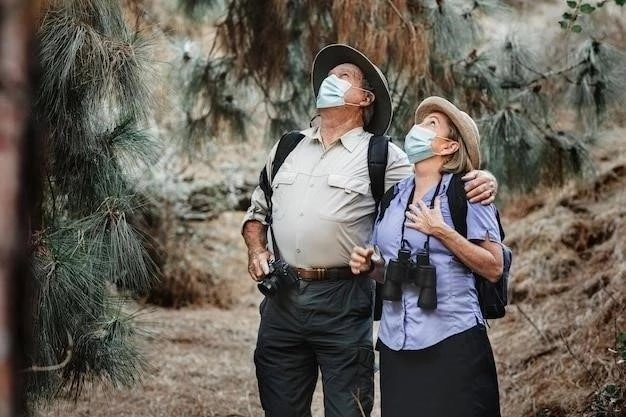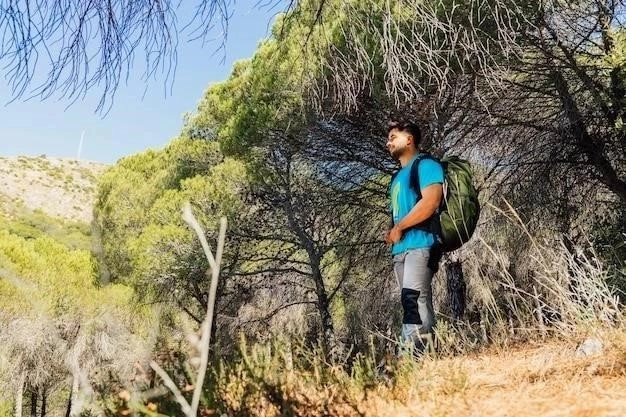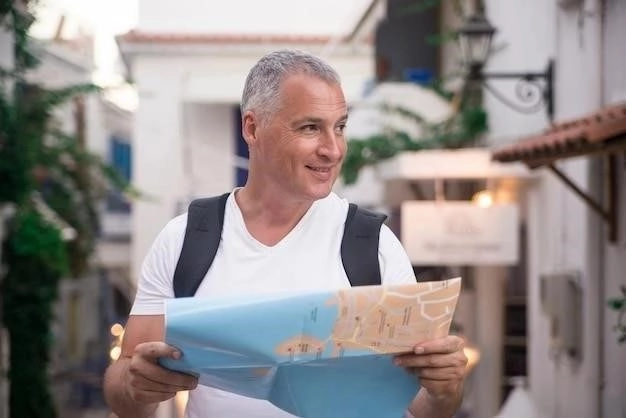Iraq Travel Guide 2024
Journey through the heart of ancient Mesopotamia with our comprehensive travel guide to Iraq. Discover a land rich in history, culture, and archaeological wonders, from the majestic ruins of Babylon to the bustling streets of Baghdad. Our guide provides essential information for those planning a trip to this fascinating and complex nation in 2024.
Safety and Security
Regrettably, travel to Iraq in 2024 remains inadvisable for most individuals due to the significant security challenges persisting within the nation. The U.S. Department of State continues to issue a Level 4 Travel Advisory, the highest level of caution, urging citizens to avoid all travel to Iraq. This advisory stems from the volatile and unpredictable security environment characterized by several high-risk factors.
Terrorism remains a substantial threat, with terrorist and insurgent groups actively operating throughout the country. These groups have demonstrated the capability and intent to carry out attacks targeting both Iraqi security forces and civilians. Kidnapping, particularly of foreigners, also poses a serious risk, and travelers could be targeted based on their nationality or perceived affiliation.

Armed conflict and civil unrest further contribute to the unstable security landscape. While some regions may experience relative calm, the situation can shift rapidly, and travelers may find themselves in harm’s way without warning. The capacity of local authorities to respond effectively to security incidents, particularly those involving foreigners, can be limited.
Given these ongoing safety concerns, it is strongly recommended that individuals reconsider travel plans to Iraq. The potential risks to personal safety are substantial, and travelers should prioritize their well-being by choosing safer destinations.
Visa Requirements and Entry Rules
Navigating Iraq’s entry regulations necessitates careful attention to detail. As of 2024, most foreign nationals, including those from the United States, require a visa to enter Iraq. Obtaining a visa typically involves a multi-step process, including securing an invitation letter from a sponsoring entity within Iraq. This sponsor, often a tour operator or business contact, assumes responsibility for the visitor’s activities and well-being throughout their stay.
Travelers should initiate the visa application process well in advance of their intended travel dates. Requirements may include a valid passport with at least six months of remaining validity, completed application forms, passport-sized photographs, and supporting documentation such as proof of travel arrangements and financial means. Visa fees can vary based on nationality and the type of visa sought.
It is crucial to emphasize that Iraq’s security situation can impact visa issuance. The Iraqi government may impose additional restrictions or suspend visa processing for certain nationalities or regions based on evolving security assessments. Travelers are strongly advised to consult with the nearest Iraqi embassy or consulate for the most up-to-date visa regulations and travel advisories pertaining to their specific circumstances.

Getting There and Around
Accessing Iraq typically involves air travel, with Baghdad International Airport (BGW) serving as the primary international gateway. Several major airlines operate flights to Baghdad from destinations across the Middle East, Asia, and Europe. However, direct flights from North America remain limited, often requiring connections through other international hubs. Travelers should carefully research flight options and consider potential layovers and transit visa requirements.
Navigating within Iraq presents unique logistical considerations. Due to ongoing security concerns, independent travel is strongly discouraged. Utilizing reputable local transportation providers, such as pre-arranged drivers or established tour operators, is paramount for ensuring personal safety and reliable transit. These providers typically possess local knowledge and security protocols to mitigate potential risks.
Road travel, while the most common mode of transportation within Iraq, can be unpredictable. Road conditions vary significantly, and checkpoints are frequent occurrences. Travelers should anticipate delays and exercise patience. Public transportation, such as buses, exists but may lack reliability and comfort. Domestic flights are available but subject to scheduling changes and security measures.

Best Time to Visit
Determining the optimal time to visit Iraq requires careful consideration of both climatic and security factors. Iraq experiences a predominantly arid climate characterized by hot, dry summers and mild, wetter winters. From June to August, temperatures soar across the country, often exceeding 100 degrees Fahrenheit (38 degrees Celsius), particularly in central and southern regions. These extreme temperatures can make outdoor activities challenging and necessitate careful planning and hydration.
Spring (March-May) and autumn (September-November) generally offer more moderate temperatures and pleasant weather conditions for exploring Iraq’s historical sites and cultural attractions. During these shoulder seasons, temperatures are typically milder, and rainfall is less frequent. However, it is essential to note that weather patterns can be unpredictable, and travelers should pack accordingly.

It is crucial to emphasize that security considerations should take precedence over climatic preferences when planning a trip to Iraq. Travelers should prioritize personal safety and remain informed about the latest travel advisories and security updates from their respective governments and reputable travel organizations.

Accommodation
Accommodation options in Iraq have seen some development in recent years, particularly in major cities like Baghdad, Erbil, and Basra. International hotel chains have established a presence, offering travelers familiar amenities and a degree of comfort. These hotels typically adhere to international safety and security standards, providing a measure of reassurance for those concerned about personal well-being.
Locally owned guesthouses and smaller hotels are also available, often at more budget-friendly price points. However, it is essential to note that standards of service and facilities can vary widely. Travelers seeking authenticity and cultural immersion may find these options appealing, but careful research and due diligence are recommended.

Given the ongoing security concerns in Iraq, travelers are strongly advised to prioritize accommodations with robust security measures in place. This includes choosing hotels with secure perimeters, trained security personnel, and well-lit public areas. Consulting with reputable tour operators or travel agencies specializing in Iraq can provide valuable insights and recommendations for safe and reliable accommodation options.
Must-See Destinations
Iraq, often referred to as the “Cradle of Civilization,” boasts an extraordinarily rich historical and cultural tapestry, evident in its numerous archaeological sites and ancient cities. While the current security situation poses significant challenges to tourism, those considering travel to Iraq in the future will discover a wealth of remarkable destinations that offer glimpses into the heart of human history and heritage.
From the iconic ruins of Babylon, once a thriving metropolis and center of learning, to the ancient Sumerian city of Ur, where the echoes of early urban life resonate through millennia, Iraq’s archaeological treasures transport visitors to a bygone era. The remnants of grand palaces, towering ziggurats, and intricately carved reliefs stand as testaments to the ingenuity and cultural achievements of past civilizations.
Beyond its ancient wonders, Iraq is also home to vibrant modern cities, each with its own unique character and allure. Baghdad, the capital, pulsates with a frenetic energy, its bustling markets and historic mosques offering a glimpse into Iraqi culture and daily life. Erbil, the capital of the Kurdistan Region, presents a contrasting atmosphere, with its modern skyline and cosmopolitan vibe.
6.1. Babylon

Nestled on the banks of the Euphrates River, approximately 55 miles (85 kilometers) south of Baghdad, lie the awe-inspiring ruins of Babylon, a city steeped in history and shrouded in legend. Once the vibrant heart of the Babylonian Empire, famed for its architectural grandeur and intellectual prowess, Babylon stands as a testament to the ingenuity and ambition of ancient civilizations. Today, its crumbling walls and weathered monuments offer a poignant glimpse into a bygone era.
Visitors to Babylon can explore the remnants of its once-magnificent palaces, including the legendary Hanging Gardens, considered one of the Seven Wonders of the Ancient World. Though their precise location remains a subject of scholarly debate, the gardens’ purported splendor continues to captivate the imagination. The iconic Ishtar Gate, adorned with intricate glazed brick reliefs depicting mythical creatures, stands as a testament to Babylonian artistry.
Walking through the ruins of Babylon is akin to stepping back in time, evoking a sense of wonder and contemplation. The site’s UNESCO World Heritage status underscores its global significance as a cultural and historical treasure. While the current security situation in Iraq poses challenges to tourism, Babylon remains an essential destination for those seeking to unravel the mysteries of the ancient world.
6.2. Ur
Journey to the heart of ancient Mesopotamia, where the echoes of Sumerian civilization resonate through millennia, and discover the archaeological wonders of Ur. Located in southern Iraq, near the modern city of Nasiriyah, Ur stands as a testament to the ingenuity and cultural achievements of one of the world’s earliest urban societies. Its excavated ruins offer a captivating glimpse into a bygone era, transporting visitors back to a time when this city thrived as a center of commerce, religion, and innovation.
Dominating the skyline of Ur is the Great Ziggurat, a massive stepped pyramid dedicated to the moon god Nanna, the city’s patron deity. This monumental structure, constructed of mudbrick and bitumen, served as a testament to Sumerian architectural prowess and religious devotion. Excavations at Ur have also unearthed intricate royal tombs, adorned with precious artifacts and intricate mosaics, providing insights into the lives and beliefs of the Sumerian elite.
Exploring the ruins of Ur is akin to stepping back in time, allowing visitors to trace the footsteps of an ancient civilization that laid the foundations for Mesopotamian culture and beyond. While the current security situation in Iraq presents challenges to tourism, Ur remains an essential destination for those seeking to delve into the depths of human history.
6.3. Mosul
Located on the western bank of the Tigris River, Mosul stands as a city marked by both a tumultuous recent past and a rich, multifaceted history. Once a thriving metropolis renowned for its cultural diversity and architectural splendor, Mosul faced significant destruction and upheaval during its occupation by extremist groups. Today, while still undergoing a complex process of recovery and reconstruction, Mosul offers a poignant glimpse into the resilience of its people and the enduring power of cultural heritage.
At the heart of Mosul’s historical legacy lies the Old City, a UNESCO World Heritage Site that once boasted a labyrinthine network of bustling souks, ancient mosques, and architectural marvels. While heavily damaged, efforts are underway to restore and preserve iconic landmarks such as the Al-Nuri Grand Mosque, renowned for its leaning minaret, and the 12th-century Al-Hadba Minaret, a symbol of the city’s identity.
Traveling to Mosul necessitates careful consideration of the current security situation and the ongoing reconstruction efforts. However, for those seeking to witness firsthand the complexities of post-conflict recovery and the enduring spirit of a city rebuilding itself, Mosul offers a powerful and thought-provoking experience.










